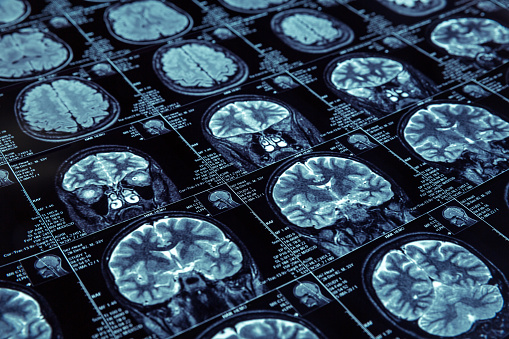Multiple Sclerosis Month: MS Development, Multiple Sclerosis Detection, MS Treatment and Exercise
National Multiple Sclerosis Month is observed each year in March, with the aim of creating a better understanding about the neuro-degenerative disease called multiple sclerosis (MS) disease and encourage those suffering from it to make educated healthcare decisions. This month, we at Bel Marra hope to build public awareness about multiple sclerosis (MS) through articles ...click here to read more














